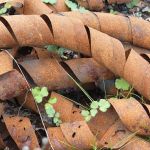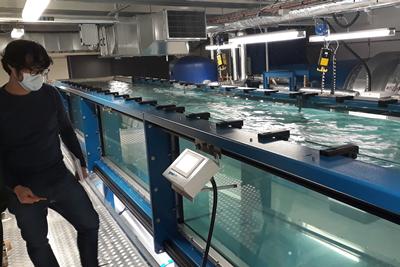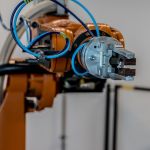
Metal circular economy: Turning metal waste into bespoke products
We all use things with metals in them - from cars to laptops to tins of food - and machining the metal parts creates waste or 'swarf'. What if we could turn that waste into something useful - into more metal parts? Not only would it reduce waste but it would save money, save resources, and help save the environment!
The good news is...we CAN do this!
It's called a metal 'circular economy' and we'd love to show you how it works. Join Dr. Dikai Guan and other researchers to learn all about the exciting stories about...
1. How do we work with industry partners to make ideas come true?
2. How do we use cutting-edge manufacturing techniques to turn metal waste into bespoke products?
3. How can we use advanced electron microscopy techniques to look into what are inside the materials?
4. How does our research contributes to a sustainable society?
The good news is...we CAN do this!
It's called a metal 'circular economy' and we'd love to show you how it works. Join Dr. Dikai Guan and other researchers to learn all about the exciting stories about...
1. How do we work with industry partners to make ideas come true?
2. How do we use cutting-edge manufacturing techniques to turn metal waste into bespoke products?
3. How can we use advanced electron microscopy techniques to look into what are inside the materials?
4. How does our research contributes to a sustainable society?
You may also like

Urban Aerodynamics and Wind Engineering at the Recirculating Water Tunnel | Lab tour
Aerodynamics is important for more than just aircraft and race cars! Come and visit us at the Recirculating Water Tunnel Lab which is used to study the aerodynamics of environm ...Read More
Boldrewood Innovation Campus

Artificial muscles and sensors for robots
When we look at the machines and robots in today's world, they are generally rigid, made of hard materials and using hard motors. In contrast, our own muscles, organs, and sensors ...Read More
Highfield Campus
 - v2.jpg)
